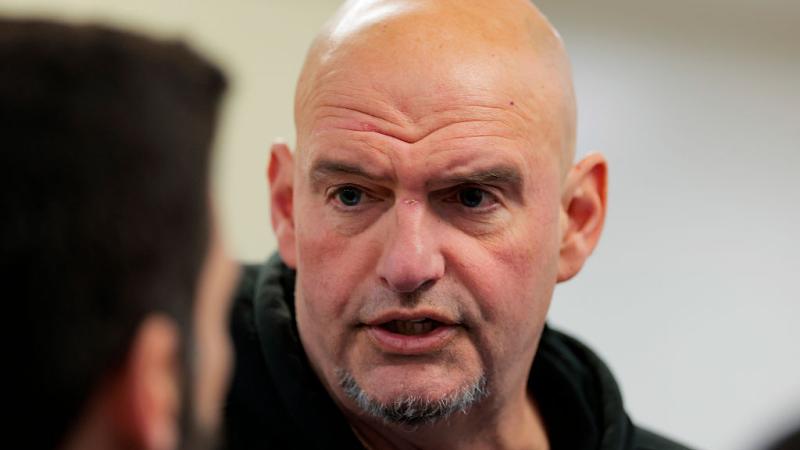Spokane County affordable housing proving unaffordable for providers
“The challenge with affordable housing is that it is often the least affordable thing you do,” Dahl said later in the meeting.
With providers unable to pay their bills under current insurance rates and increased costs, Spokane County is considering forgiving almost $2.3 million in affordable housing debts.
The Spokane County Board of County Commissioners discussed writing off the unpaid debt and reducing the interest rates on other loans to 0% during Tuesday’s briefing session. However, the county is also considering whether to allow the providers to continue despite the lack the payments.
“This phenomenon is being observed nationwide, and is mainly caused by skyrocketing insurance rates, non-payment of rent, and increased operating expenses,” according to Tuesday’s agenda. “In order for us as Spokane County to ensure that our nonprofit affordable housing providers continue providing essential services to the community and continue developing, we need to provide incentives and support so that they may succeed.”
Three providers, Aspen Grove, Highland Village, and Rockwell Apartments, contacted the county regarding their loans. In a presentation given during the Tuesday meeting, all three were noted as having a negative cash-flow balance.
Aspen Grove’s initial loan was $360,000, with the current balance at just over $344,000. The terms included a 2% interest rate, with payments made over 360 months; however, the program only brings in about $16,000 annually, leaving little to no money for rent or other payments.
Similarly, Highland Village agreed to an initial loan of $1.25 million and has $1.19 million remaining; however, it generates more than $53,000 annually, leaving a little more room for payments. This loan incurs interest at a rate of 1.75%, paid over 360 months as well.
“The cost to create a new unit of affordable housing in today’s market is significantly greater than it was when a lot of these loans were initiated,” George Dahl, an administrator with the Housing and Community Development Department, told the commissioners.
Aspen Grove and Highland Village are both asking the county to reduce its interest rates to 0%, with “annual 50% cash-flow payments until [the] balance is 0.”
On the other hand, Rockwell Apartments is sinking further into debt while unable to make any payments. The initial loan was set at roughly $1.65 million at a 3% interest rate with “monthly 50% cash-flow payments.”
However, Rockwell Apartments now owes $2.28 million and is asking that the county forgive the loan entirely, writing off the expense despite generating $0 annually. At the same time, the provider wants to continue offering its affordable housing services at the expense of local taxpayers.
Rockwell is requesting that Spokane County convert its loan to a grant, meaning the money is awarded instead of paid back over time; essentially, local taxpayers would front the bill despite the program’s financial pains.
According to a program balance sheet, these three projects do not include other affordable housing initiatives, which add up to another $2.08 million in forgivable debt. However, that doesn’t guarantee that the county will forgive the debt in the future.
Spokane County intended to funnel any cash from the projects into future affordable housing efforts, but instead, what was received would be put toward the write-off if the commissioners ultimately decide to adjust the rates for the two loans and forgive Rockwell Apartments.
“Is that smart to do?” asked Commissioner Josh Kerns. “I mean, we have an affordable housing crisis … there’s a pro here, but there’s definitely a con here to this as well.”
The question floated during the meeting was whether to allow the providers to build up some reserves so they can handle their own expenses or continue as is and expect them to come to the county whenever they need help with capital needs.
Commissioner Al French suggested foreclosing due to the county’s apparent loss. However, even if the county took over Rockwell Apartments, it would incur an additional $200,000 in debt on top of the write off, said Pavel Parfilo, an affordable housing program manager with the Housing & Community Development department.
The county could reduce costs, but even at that point, it would maybe break even, Parfilo said.
“So you’re saying these properties are so far underwater that even without debt service, they can’t cover their operational expenses,” French said.
“Yes,” Parfilo responded.
“The challenge with affordable housing is that it is often the least affordable thing you do,” Dahl said later in the meeting.
“I definitely would not want to get into that game myself,” Parfilo said.
The Board of County Commissioners will decide in the coming weeks whether to adjust the rates and forgive Rockwell Apartments.















